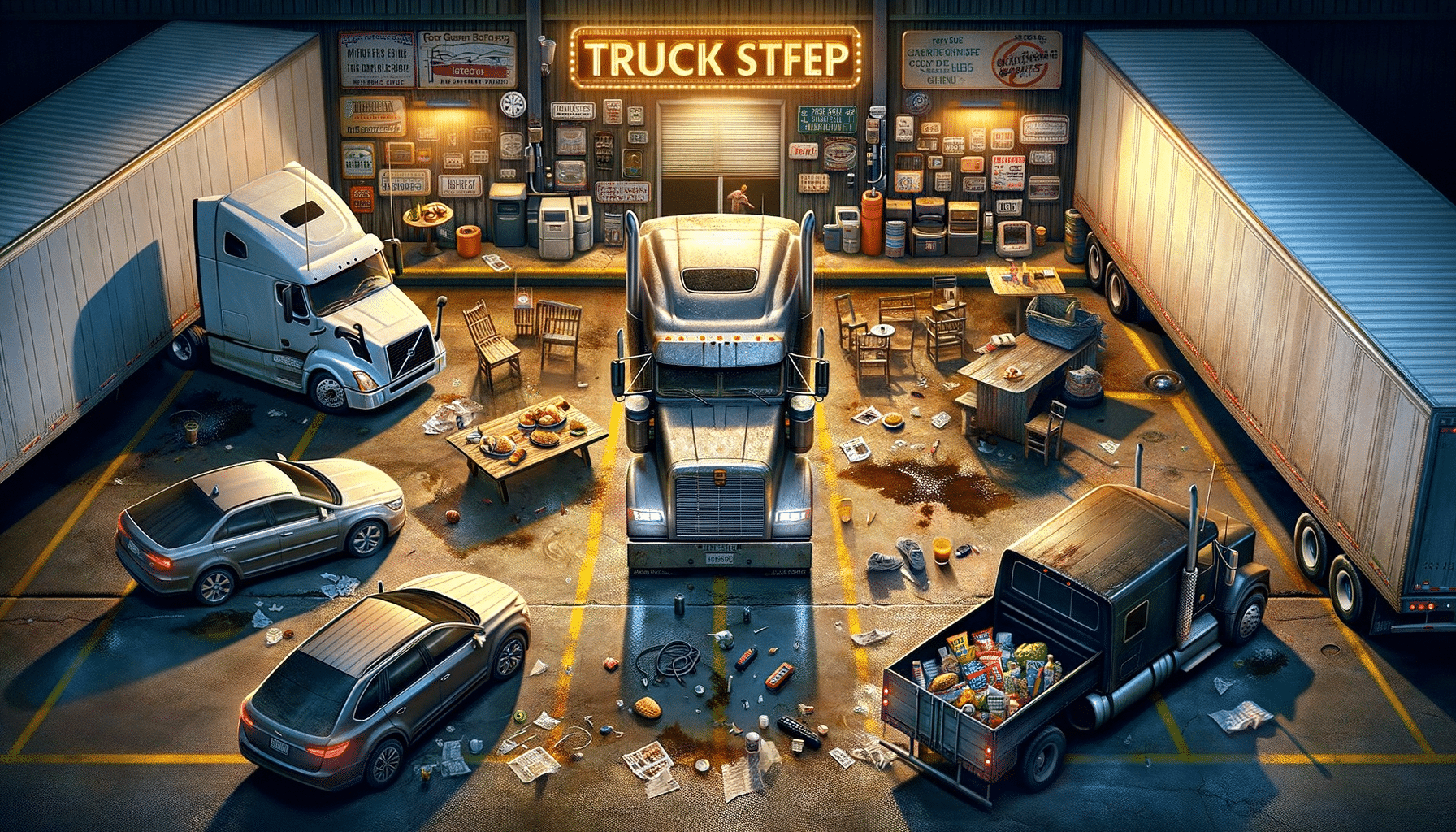
Amazing Life Of A Truck Driver
The Role of a Truck Driver
Truck drivers are the backbone of the logistics industry, playing a crucial role in ensuring that goods are transported efficiently across vast distances. Their responsibilities extend beyond merely driving; they are tasked with maintaining their vehicles, adhering to schedules, and ensuring the safe delivery of cargo. The life of a truck driver is often characterized by long hours on the road, which demands a high level of dedication and resilience.
In the United States alone, truck drivers transport over 70% of all freight, highlighting their importance in the economy. These professionals must navigate through various terrains and weather conditions, requiring a keen understanding of road safety and regulations. Furthermore, truck drivers must manage their time effectively to meet delivery deadlines while adhering to legal driving hours.
Truck drivers often find themselves away from home for extended periods, which can be challenging. However, the profession offers a sense of freedom and adventure, as drivers have the opportunity to explore different parts of the country. This aspect of the job attracts individuals who enjoy the open road and the independence that comes with it.
The Importance of Truck Stops
Truck stops are essential havens for truck drivers, providing much-needed rest and resources during long hauls. These facilities offer a range of services, including fueling stations, rest areas, and dining options, catering specifically to the needs of truck drivers.
One of the key features of truck stops is their ability to provide a safe and secure environment for drivers to rest. With strict regulations on driving hours, truck stops offer a place for drivers to comply with these rules and recharge before continuing their journey. Additionally, many truck stops offer amenities such as showers, laundry facilities, and repair services, making them a one-stop solution for drivers on the road.
Truck stops also serve as social hubs where drivers can connect with one another, sharing experiences and advice. This sense of community is vital for drivers who spend much of their time in solitude. Moreover, truck stops contribute to the local economy by providing jobs and supporting local businesses.
Challenges in Truck Driving
Truck driving is not without its challenges. One of the primary concerns is the physical and mental toll it can take on drivers. Long hours behind the wheel can lead to fatigue, which is a significant safety risk. To combat this, drivers must adhere to strict regulations regarding rest periods and driving hours.
Another challenge is the unpredictability of road conditions and traffic. Drivers must be prepared to adapt to changing circumstances, whether it’s inclement weather or unexpected road closures. This requires a high level of skill and patience.
Furthermore, truck drivers often face isolation due to the nature of their work. Being away from family and friends for extended periods can be difficult, leading to feelings of loneliness. However, technology has made it easier for drivers to stay connected with loved ones through video calls and social media.
Benefits of a Career in Truck Driving
Despite the challenges, a career in truck driving offers numerous benefits. One of the most appealing aspects is the potential for a stable income. The demand for truck drivers remains high, providing job security and competitive wages.
Truck driving also offers a unique sense of freedom and independence. Drivers have the opportunity to travel and see different parts of the country, experiencing diverse landscapes and cultures. This aspect of the job is particularly appealing to those who enjoy adventure and exploration.
Additionally, truck driving can be a rewarding career for those who appreciate a sense of accomplishment. Successfully delivering cargo on time and overcoming the challenges of the road can provide a sense of pride and satisfaction.
The Future of Truck Driving
The trucking industry is evolving, with technological advancements playing a significant role in shaping its future. Innovations such as autonomous vehicles and advanced tracking systems are transforming the way goods are transported.
While autonomous trucks may reduce the need for drivers in some areas, the human element remains crucial. Drivers will still be needed to manage complex situations and ensure the safe operation of vehicles. Additionally, technology can enhance the efficiency and safety of truck driving, providing drivers with tools to navigate more effectively.
The future of truck driving also includes a focus on sustainability. As environmental concerns grow, the industry is exploring alternative fuels and more efficient vehicles to reduce its carbon footprint.
Overall, the trucking industry is poised for growth and innovation, offering exciting opportunities for those interested in a career in transportation.


